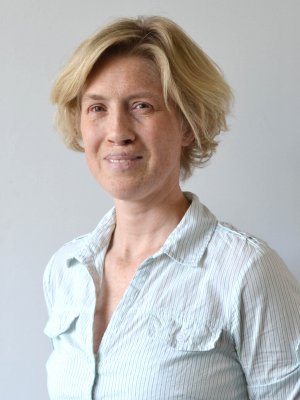
A University of Queensland researcher has been recognised for her work on reducing the risk of developing osteoarthritis in Australian women.
Dr Geeske Peeters from UQ’s Centre for Research on Exercise, Physical Activity and Health received the Wendy Ey, Women in Sport Award at the Sports Medicine Australia’s ‘be active’ conference.
Dr Peeters said her research focused on the influence of long-term exposure and timing of physical activity on new joint pain and stiffness in middle-aged women.
“This award recognises the importance of finding effective interventions to help prevent the onset of joint problems before it develops into osteoarthritis,” she said.
Osteoarthritis is a disabling disease, causing severe pain and stiffness in the joints of 1.8 million Australians, more commonly in women than men.
It is one of the most common forms of arthritis and becomes more prevalent with age.
Dr Peeters said previous research had found physical activity was a potential target for interventions to prevent joint problems, which may later develop into osteoarthritis.
“Little is known about the importance of timing and volume of exposure to physical activity on the onset of joint pain and stiffness,” she said.
The study used data from the Australian Longitudinal Survey on Women’s Health, reviewing 5105 women born between 1946 and 1951.
“Looking at the physical activity levels of the women when they were in their late forties until their late fifties, we found that to optimally benefit from the protective effect of physical activity the women had to be active from their mid-to-late fifties,” she said.
“The women’s activity levels in their late forties or early fifties did not seem important for preventing the onset of joint symptoms in their early sixties.
“The interesting point here is that exposure to exercise at certain ages was found to be more important than at other ages.”
Dr Peeters’ said the finding clearly demonstrated physical activity may be an effective target for interventions for women in their fifties to help prevent the on-set of osteoarthritis in future years.
“As no cure is currently available for osteoarthritis, prevention is key to avoiding the pain and disability associated with this condition,” she said.
Be active 2014 was held in Canberra from 15 – 18 October.
Media: Dr Geeske Peeters, 0450 273 353 and Caroline Day, +61 7 3365 6989, or caroline.day@uq.edu.au
.jpg)











